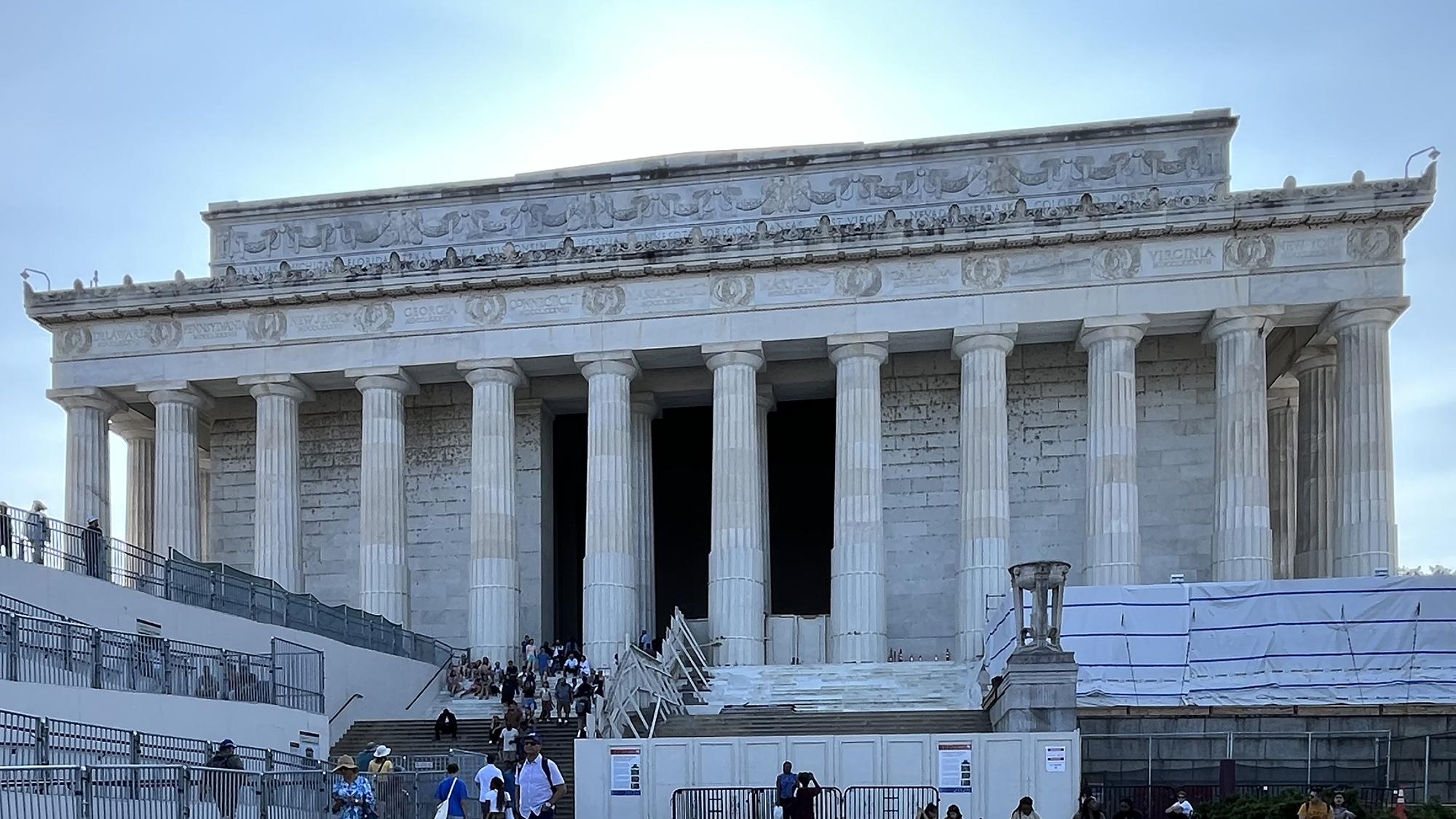As the United States looks toward a shift in leadership with Donald Trump returning to the presidency and Robert F. Kennedy Jr. at the helm of U.S. healthcare, the future of cannabis policy has become a topic of intense speculation. While both figures have addressed cannabis issues in their public statements, their respective roles in shaping the future of legalization, regulation, and healthcare integration of cannabis remain nuanced.
Current State of Cannabis in the U.S.
As of now, cannabis is fully legal for recreational use in 23 states and the District of Columbia, while medical cannabis is permitted in 38 states. However, it remains federally classified as a Schedule I substance under the Controlled Substances Act, alongside drugs like heroin. This classification continues to create significant challenges for businesses, patients, and researchers operating in the cannabis space.
Federal legalization has been a topic of debate for years, with little legislative progress. Yet, bipartisan support for cannabis reform, particularly regarding medical cannabis and decriminalization, has grown steadily.
Donald Trump’s Stance on Cannabis
During his first term, Donald Trump adopted a hands-off approach to cannabis regulation, largely deferring to states’ rights. However, his administration also rescinded the Cole Memorandum, which had provided guidelines for federal prosecutors to de-prioritize enforcement of federal cannabis laws in states where it was legal.
Trump has been ambiguous about his stance on cannabis legalization, sometimes signaling support for medical use and state autonomy while opposing broader legalization. When Trump returns to office, his administration’s approach will likelydepend on broader political and economic factors, including pressure from key voter demographics and Republican policymakers.
Robert F. Kennedy Jr.’s Role in Healthcare
Robert F. Kennedy Jr., a vocal advocate for environmental and public health causes, has expressed interest in holistic healthcare approaches and alternative treatments. His leadership in U.S. healthcare could play a pivotal role in shaping medical cannabis policy. Kennedy has not been outspoken about cannabis legalization, but his broader advocacy for medical freedom and skepticism of pharmaceutical industry practices suggest he may be open to exploring cannabis as a therapeutic option.
Kennedy’s focus on science-driven policy could encourage more funding for cannabis research, particularly to evaluate its efficacy in treating chronic pain, mental health disorders, and other conditions. Increased research funding could provide the robust scientific evidence necessary to inform federal policy changes.
Key Challenges and Opportunities
The Trump-Kennedy administration could face several challenges and opportunities in addressing cannabis policy:
- Federal Legalization Debate: The administration will need to address growing public support for legalization—68% of Americans favor legalizing cannabis, according to a 2023 Pew Research Center poll. However, achieving federal legalization would require navigating partisan divides in Congress.
- Banking and Taxation Issues: Cannabis businesses continue to face significant hurdles in accessing banking services due to federal prohibition. Reforming these regulations, such as passing the SAFE Banking Act, could be a bipartisan priority.
- Healthcare Integration: Kennedy’s leadership in healthcare could prioritize the integration of cannabis into mainstream medical practice. This would involve updating guidelines for prescribing cannabis and encouraging insurers to cover cannabis-based treatments.
- Criminal Justice Reform: Addressing cannabis-related incarceration remains a pressing issue. A Trump-Kennedy administration could consider pardons, expungements, or broader decriminalization measures as part of a criminal justice reform agenda.
- International Implications: The U.S. plays a significant role in shaping global drug policy. A more progressive stance on cannabis could influence international treaties and trade agreements related to cannabis.
A Balanced Path Forward
The future of cannabis in the U.S. under a Trump-Kennedy administration hinges on their ability to navigate the complexities of public opinion, federal-state dynamics, and healthcare policy. While Trump’s historical approach has been state-centric and hands-off, Kennedy’s focus on public health innovation could bring a fresh perspective to cannabis policy.
Ultimately, the administration’s actions—or inaction—on cannabis could have far-reaching implications for the industry, patients, and the broader American public. As 2025 approaches, stakeholders across the cannabis landscape will be watching closely to see how this unique pairing of leadership shapes the next chapter of U.S. cannabis policy.

